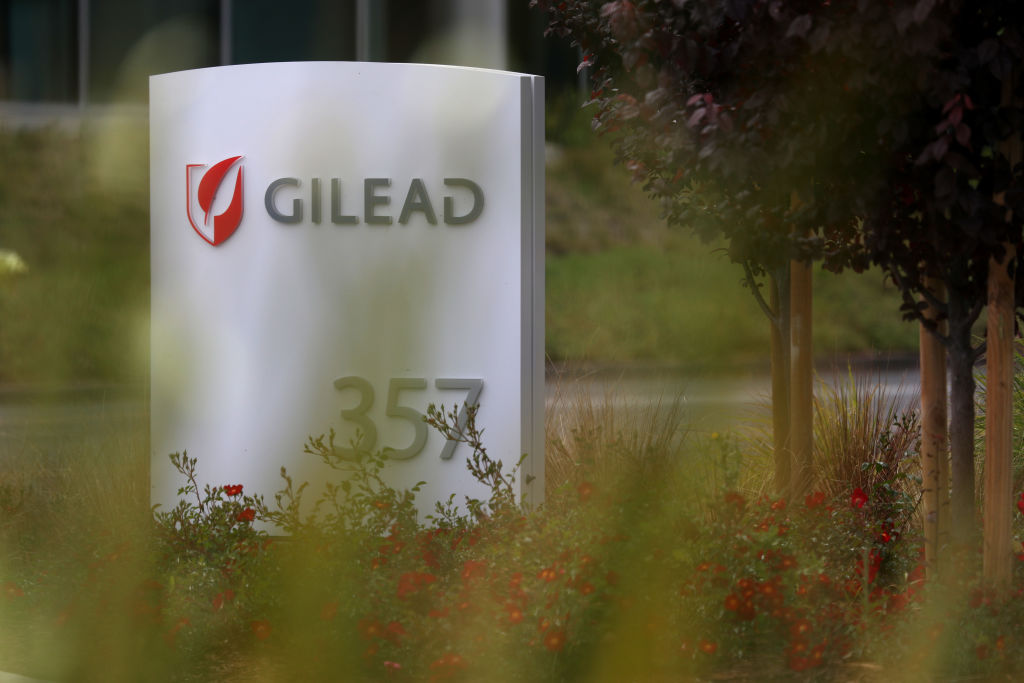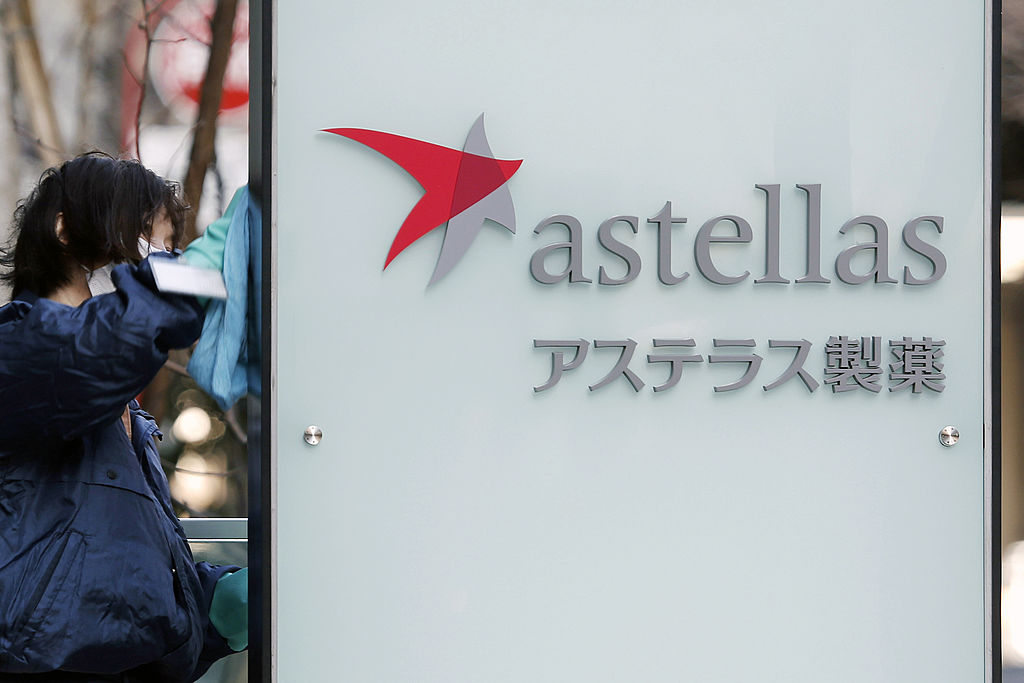Gilead Sciences’ inflammation drug prospects have come via deals, and the latest one brings drug candidates for an elusive target that’s in pursuit by a growing number of companies.
The drugmaker is paying $250 million up front to acquire preclinical small molecules from LEO Pharma. Gilead will continue development of oral formulations of these potential drugs, while privately held LEO will develop topical versions, according to deal terms announced Saturday. Denmark-based LEO could receive up to $1.7 billion in additional payments, depending on the progress of the partnered research.
LEO aims to block inhibit the activity of IL-4 and IL-13, two signaling proteins that are validated targets associated with inflammation. Both proteins are already addressed by currently available injectable drugs, including Adbry, an FDA-approved IL-13-blocking antibody marketed by LEO for treating atopic dermatitis. But immunology drug research has been pursuing ways to block these targets with oral small molecules. Some of that research has focused on alternative ways of inhibiting inflammation driven by IL-4 and IL-13.
Signal transducer and activator of transcription factor 6, or STAT6, is a protein that’s required for IL-4 and IL-13 signaling. LEO says preclinical research indicates that targeting STAT6 offers the potential to treat a broad population of patients with an oral alternative to injectable biologic drugs. The LEO drugs are small molecule inhibitors and targeted protein degraders.
Gilead’s deal with LEO brings it into a burgeoning field of companies developing STAT6-targeting drugs. While Sanofi’s blockbuster Dupixent, an antibody inhibitor of IL-4 and IL-13, is a cornerstone of the pharma giant’s immunology strategy, the company also has designs on developing that product’s successor. In 2023, Sanofi paid $125 million up front to begin a partnership with privately held Recludix Pharma, a preclinical developer of small molecule inhibitors of STAT6. Recludix is scheduled to present on Wednesday during the annual J.P. Morgan Healthcare Conference in San Francisco.
Sanofi has spread its STAT6 bets via a partnership with Nurix Therapeutics, developer of targeted protein degraders. Nurix is also partnered with Gilead in an alliance that spans oncology and immunology.Yet another protein degrader biotech, Kymera Therapeutics, in October began a Phase 1 test of its STAT6 degrader, KT-621. Just before the end of 2024, Johnson & Johnson announced it had licensed global rights, excluding Japan, to Kaken Pharmaceutical’s preclinical STAT6 inhibitor for autoimmune and allergic diseases.
To industry observers, the flurry of STAT6 dealmaking is encouraging for the field. Leerink Partners analyst Faisal Khurshid wrote in a note sent to investors on Sunday that as the fourth major licensing deal for STAT6, Gilead’s collaboration with LEO underscores the growing strategic importance of this mechanism. An oral STAT6 degrader has the potential to be a category-defining medicine for T helper type 2 (Th2) inflammatory disorders, and could become an “oral Dupixent,” Khurshid said.
“We see STAT6 as strategically important for companies aiming to develop small molecules for I&I (immunology & inflammation) indications and/or hold a position in Th2 inflammatory disorders (i.e., atopic dermatitis, asthma),” Khurshid said.
Photo: Justin Sullivan, Getty Images











